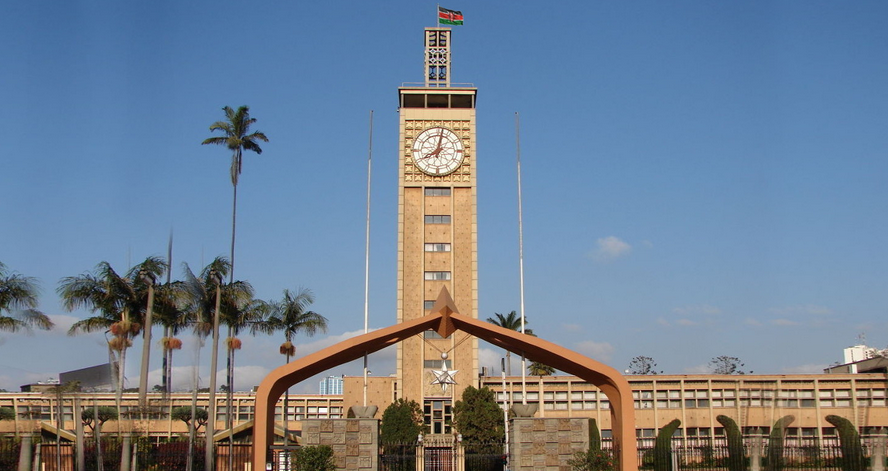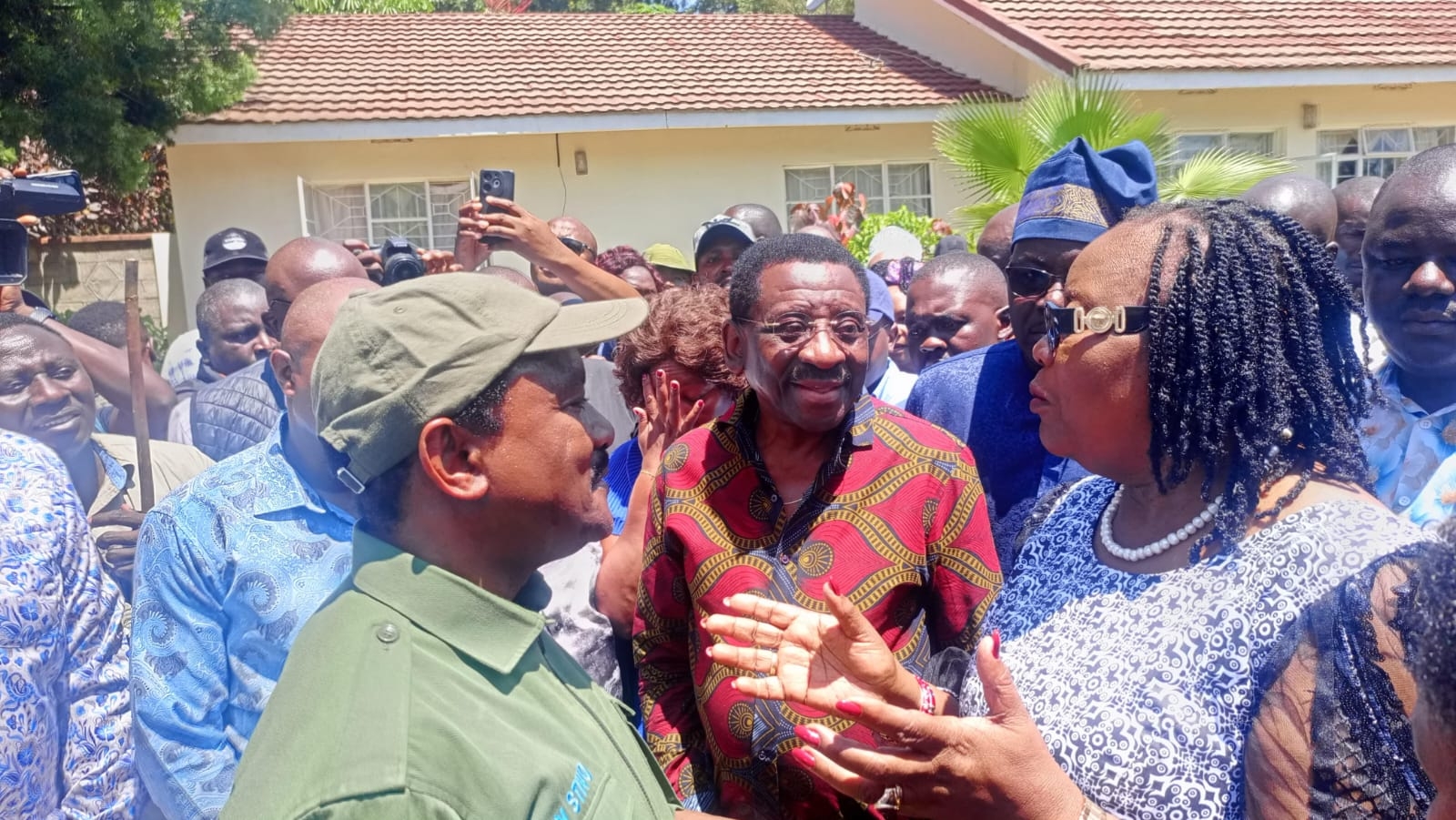

A parliamentary watchdog has called for a special audit of
the Sh6 billion Judiciary mortgage scheme, which has operated for more than a
decade without a supporting legal framework despite managing funds exceeding
Sh5.3 billion.
The Public Accounts Committee (PAC) announced on Thursday
that it will formally request Auditor-General Nancy Gathungu to conduct a
special audit into the scheme.
The review will examine its governance structure,
disbursement criteria, beneficiaries, and compliance with the Public Finance
Management (PFM) Act.
PAC chair Butere MP Tindi Mwale said the mortgage fund has
been run on the basis of a Memorandum of Understanding (MoU) signed in 2011
between the Judiciary and the bank — a “gentleman’s
agreement” that he claims lacks the force of law.
“We will be asking the Auditor-General to undertake a
special audit on this scheme, including the MoU with the bank. Because you see, an
MoU is a gentleman’s agreement,” he said.
“We are talking about five billion shillings. What happens
if the bank tells you, ‘We don’t have the funds, we can’t lend you for the next five
to ten years’? What will you do?”
The concerns arose on Wednesday during PAC’s consideration
of the Auditor-General’s report on the Judiciary’s financial statements for the
year ending June 30, 2023.
Auditor-General flags legality issues
In her report, Gathungu observed that the mortgage scheme
had no enabling legislation and the Judiciary failed to justify its continued
operation without such a framework.
As a result, she said, the legality of the fund and its transactions could not be confirmed.
The fund began operating in 2013, two years after the
agreement with the bank was signed.
Bura MP Yaqub Adow questioned how such a large scheme could
operate without enabling legislation or competitive procurement.
“This is a very serious matter, close to Sh6 billion. That is a whole year’s budget for Tana River County. It is not
pocket change,” he said.
Adow faulted the Judiciary for taking 12 years to draft
regulations, which only began in February 2024.
Draft rules were prepared in October that year, but have yet to be finalised.
Other MPs, including Naisula Lesuuda (Samburu West) and Maryanne
Kitany (Aldai), questioned the exclusive role of the bank in managing the fund,
despite admissions that other banks had been
considered.
They demanded to know whether the National Treasury had been involved in the process.
Judiciary defends scheme
Appearing before PAC, Chief Registrar of the Judiciary
Winfridah Mokaya said the scheme began in 2013 with seed capital from the
Exchequer and has since grown into a revolving fund valued at Sh5.3 billion as
of June 2023.
She confirmed the fund has only undergone two audits since its inception.
On the bank's selection, Mokaya said the Judiciary had engaged
with other banks but had not yet secured approval to shift.
“We are committed to following due process in all financial
dealings,” she told MPs.
While acknowledging the absence of enabling legislation,
Judiciary officials said they were working with the Treasury to finalise draft
regulations.
PAC, however, reminded the officials that accountability
lies with them as accounting officers, not the Chief Justice.
“If there are violations, it is you who will be held
responsible, not the judges,” Mwale cautioned.
The committee is expected to recommend a special audit to establish the fund’s legality, identify beneficiaries, and determine whether Treasury actions facilitated possible breaches of public finance laws.




















